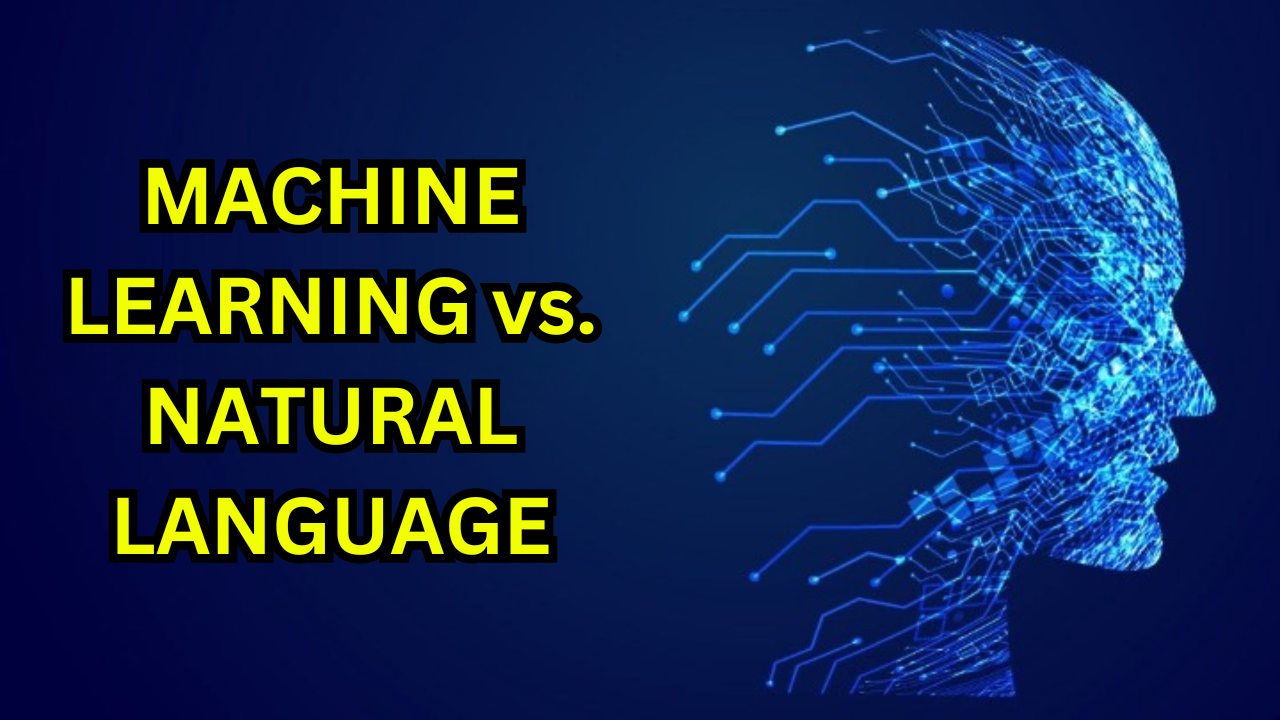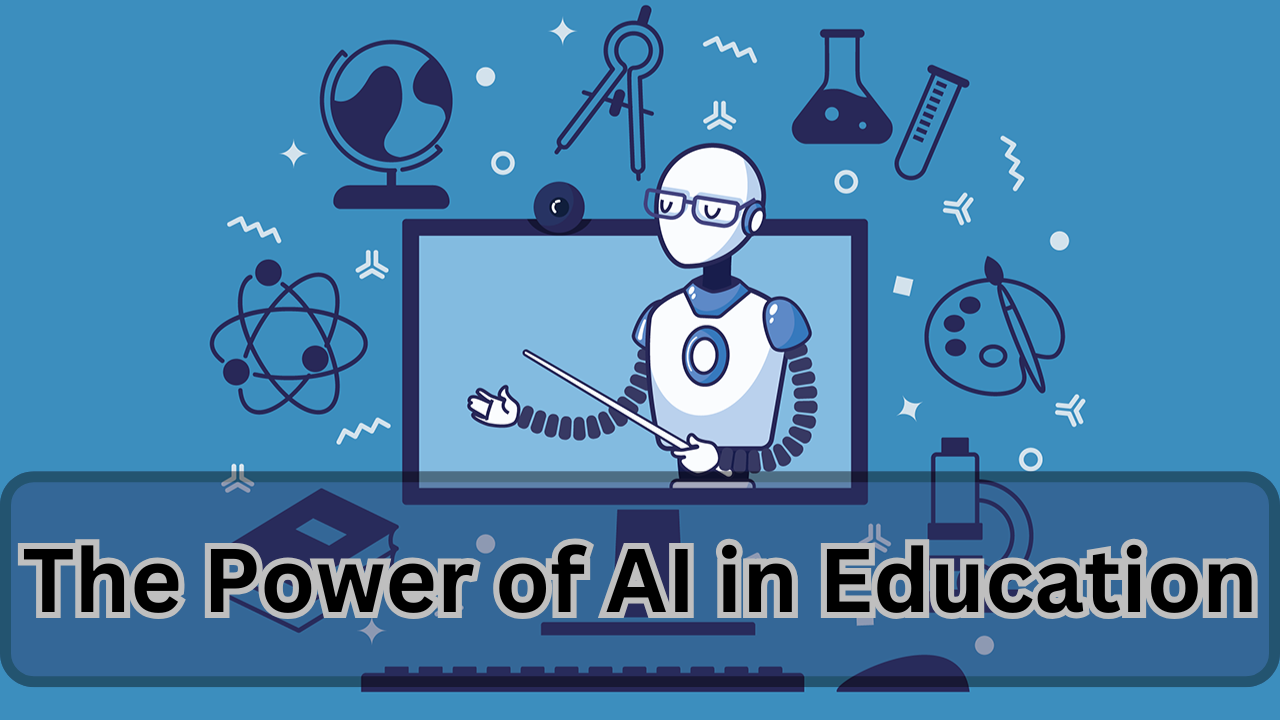For generations, parents have carried the belief that sending their children to a prestigious school or college is the ultimate ticket to a secure and prosperous life. From the moment a child is born, the dream often begins: a big school, good grades, engineering or medicine, maybe a prestigious government job and life will be “set.”
This belief is so deeply rooted that questioning it feels almost like disrespecting one’s upbringing. But in reality, this well-trodden path rarely leads to wealth or independence. Instead, it traps millions into a cycle of dependency, low creativity, and job insecurity.
The truth is harsh our education system was never truly designed to make us rich or self-reliant. To understand why, we must trace its origins and see how it continues to silently influence our lives today.
The Origins of the Trap:
The roots of today’s education system go back to the Industrial Revolution. In the late 18th and early 19th centuries, machines began replacing manual labor, creating a huge demand for factory workers. People at the time were mostly self-employed; they farmed, crafted goods, and ran small businesses. Convincing them to leave their independence for monotonous factory work wasn’t easy.
The solution?
Build a system that would produce obedient, disciplined, and non-questioning workers. The Prussian Education Model, introduced in the early 1800s, was designed to mold young minds to follow orders, stick to routines, and accept authority without question. Creativity wasn’t encouraged; obedience was.
When the British colonized India, they brought this system with them, not to empower Indians, but to create a class of clerks and low-level officials who would run the empire’s machinery. Thomas Babington Macaulay, a key architect of British education policy in India, openly stated that the goal was to produce individuals who were “Indian in blood and colour, but English in opinion, morals, and intellect.”
It worked perfectly for the British. With an army of obedient, educated clerks and soldiers, they could control a massive population without needing large numbers of British officials. Unfortunately, the same outdated model still governs our classrooms today.
Outdated System, Modern Problems:
Fast forward to the present, and surprisingly, little has changed. We still operate in a framework designed over a century ago. Schools and colleges continue to produce graduates who are job-seekers, not job-creators. Creativity and critical thinking are sacrificed for rote learning and standardized exams.
The obsession with degrees is so strong that families invest decades of effort and lakhs of rupees into their children’s education only for them to end up chasing jobs that may not even exist by the time they graduate.
Every year, millions of graduates enter the job market, but the number of available positions is far fewer. The result? Massive unemployment, underemployment, and a generation that feels defeated before it has even begun.
The Harsh Reality of the Job Race:
Think about this: years of your life are spent memorizing formulas, writing assignments, and scoring marks yet most graduates leave college without practical skills. Many spend over two decades in classrooms, only to realize that their degree isn’t enough to secure a decent job.
For prestigious government jobs like UPSC, the competition is brutal lakhs of candidates competing for a few hundred positions. The pressure is so intense that students dedicate their entire youth to preparation, often sacrificing hobbies, health, and personal relationships.
Worse, corruption and inefficiency in the system add another layer of frustration.
Exam paper leaks have destroyed the dreams of millions. In the last five years alone, over 1.4 crore aspirants have been affected by such scandals. Imagine preparing for years, only to see your exam canceled because the paper was sold to the highest bidder.
In the private sector, the picture isn’t much better. Even high-paying corporate jobs come with no real security. Layoffs, automation, and cost-cutting measures can leave employees jobless overnight. Suddenly, those years of education seem like a poor return on investment.
Education as a Business:
The commercialization of education has made things worse. Schools have become status symbols for parents, more about brand names than genuine learning. “Our child studies at that elite school” has become a matter of social prestige rather than a statement about quality education.
Coaching institutes, especially those catering to competitive exams, charge exorbitant fees, often pushing families into financial strain. The coaching industry in India is worth billions, but its results come at the cost of student burnout, anxiety, and even mental health crises.
The curriculum itself is outdated. We’re taught complex mathematics but not how to file taxes or manage personal finances. We memorize historic dates but aren’t trained in entrepreneurship or problem-solving. Schools teach us to fear failure, rather than see it as part of the learning process.
Why School Alone Won’t Make You Rich:
We’ve been sold the dream that a degree guarantees wealth. But in reality, education as it exists today is a tool for producing employees not entrepreneurs, not investors, not innovators. A job might give you stability, but it will rarely make you truly wealthy.
True wealth requires skills, creativity, risk-taking, and the ability to create value that others will pay for none of which are core priorities of our current system. That’s why so many successful people from entrepreneurs like Elon Musk and Dhirubhai Ambani to athletes like Virat Kohli didn’t rely solely on formal education to reach the top.
They stepped outside the conveyor belt and built paths of their own. And that’s something anyone can do, but only if they stop seeing school as the final answer and start viewing it as just one tool among many.
The Way Out of the Trap:
Rejecting the system doesn’t mean abandoning education altogether. It means redefining it. It means focusing on skills, adaptability, and creativity over rote learning. It means using formal schooling as just one part of your education, not the entirety of it.
Today, the internet has democratized learning. Skills that once took years and huge sums to acquire can now be learned online from people who have mastered them in real life. Graphic design, digital marketing, coding, video production, and stock trading all can be learned through affordable courses and real-world practice.
Networking with industry experts, learning from mentors, and experimenting with projects can provide more value than years spent in classrooms memorizing outdated theory.
Parents can play a huge role here, too. Instead of pressuring children to score perfect marks, they should encourage exploration, experimentation, and curiosity. They should expose their children to multiple fields, not just engineering, medicine, or civil services.
A Choice You Have to Make:
At the end of the day, you have two options. One is to stay in the trap follow the conveyor belt from school to college to job, hoping stability will be enough, even as layoffs, inflation, and debt chip away at your peace of mind. The other is to take charge learn in-demand skills, create opportunities, and design a life that isn’t dependent on a single paycheck.
The education system isn’t going to change overnight. But you can change how you use it. You can decide to step off the conveyor belt and start building something that’s truly yours.
The real question is will you be another obedient worker in the machine, or will you be the one building your machine?
Conclusion:
The belief that traditional schooling guarantees wealth is one of the biggest illusions of our time. While education is valuable, the current system was never built to make you rich — it was built to make you obedient. Its design still reflects the priorities of the industrial age, producing workers who follow orders rather than leaders who question them.
If you rely solely on this system, you risk spending decades chasing degrees that don’t guarantee financial security, let alone wealth. The world has changed, and so have the rules of success. Skills, creativity, adaptability, and the courage to step outside the conveyor belt now matter more than grades and certificates.
It’s time to see formal education for what it is: a starting point, not the finish line. Use it as one tool in your arsenal, but not the only one. Invest in learning skills that generate value in today’s economy, connect with people who inspire you, and stay curious. Because in the end, the choice is yours: live by the script written centuries ago for obedient workers, or write your script for freedom, impact, and wealth.
FAQs:
1: Why was the education system created?
The modern education system traces back to the Industrial Revolution and the Prussian model. It was designed to produce obedient workers who could follow orders, stick to routines, and serve factories or colonial administrations. Creativity and wealth-building were never its purpose — compliance was.
2: Why doesn’t formal schooling guarantee wealth today?
Schooling still focuses on rote learning, memorization, and degrees rather than practical skills, creativity, or entrepreneurship. This leaves graduates as job-seekers, not wealth creators. A degree may provide stability, but it rarely builds true financial independence or long-term wealth.
3: What are the main problems with the current education system?
The system is outdated, overly focused on exams and degrees, and ignores real-world skills like financial literacy, entrepreneurship, and adaptability. It also fuels unemployment, creates massive competition for limited jobs, and has become heavily commercialized through expensive schools and coaching institutes.
4: Does rejecting the system mean abandoning education?
No. Rejecting the trap means redefining education. It’s about using formal schooling as a base while also learning in-demand skills, exploring creativity, and gaining practical experience. Online learning, mentorship, and real-world projects can often provide more value than traditional degrees.
5: How can someone escape the “education trap”?
Escaping the trap requires shifting focus from just degrees to skills, adaptability, and creating value. Instead of following the conveyor belt from school to job, individuals can learn digital skills, build networks, take risks, and design opportunities that don’t depend on a single paycheck. The choice is between staying an obedient worker and building your path.



